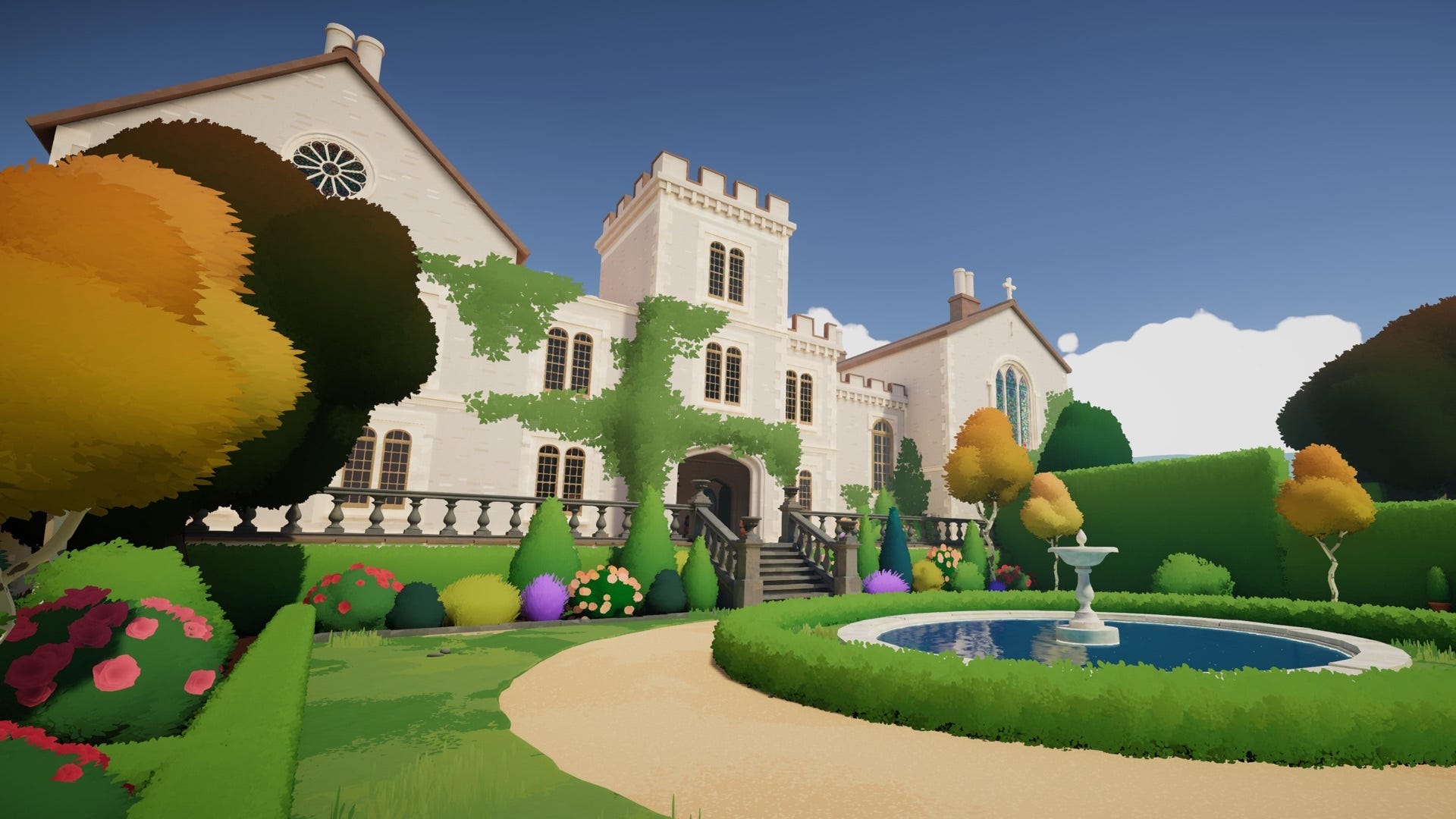
If you’ve ever been into plants, you’ll know, outside their natural habitat, they’re inherently a bit of a puzzle. Getting them to flourish is its own kind of game as you attempt to sleuth out and replicate their ideal growing conditions – the correct mix of soil, the perfect amount of light, the proper watering schedule, sufficient humidity, and whatever the bloody hell it is you want from me Calathea zebrina – to keep them happy and healthy and, hopefully, drama-free. Get it wrong and you’ll end up with a shrivelled botanic tragedy glaring accusingly at you from the windowsill before it wilts its last wilt out of pure spite; do it right and you’ll have a beautiful bit of nature in your home to enjoy and admire for years to come.
Botany Manor taps perfectly into this endlessly rewarding struggle to create a tiny corner of artificial perfection for nature, whisking players back to Somerset, England, and an almost impossibly Mediterranean summer’s day in 1890. Here, they’ll experience the world and life of retired botanist Arabella Greene in a genteel puzzler structured around completing an Herbarium – that’s a book of pressed plants for scientific study, if you’re also new to the word. It’s a wonderfully peaceful, soothingly unhurried endeavour – a seamless blend of serene first-person exploration and deductive brain teasing – that asks players to poke around the titular house and its vibrant, sprawling gardens in search of clues that, when combined and carefully cross-referenced, reveal how plants in the Herbarium bloom out in the wild. And then it’s time to put that newfound knowledge into action, potting up freshly procured seeds and figuring out how to replicate the process using artificial means.
And it’s quietly brilliant stuff – a multi-part chain of naturalistic discovery and deduction that flows gracefully, organically, often across multiple areas of the house. A postcard tucked away on a nightstand might, to give an obfuscated example, detail a summer holiday destination where a friend of Arabella recently encountered an unusual flower; a wallchart hung in an adjacent room might conveniently map out the seasonal temperatures in a number of nearby regions. Connect the dots and suddenly the heater on the table in the corner, sporting an adjustable temperature gauge and space enough in front to place a freshly potted seed, reveals itself as a potentially useful tool for your botanical trials.




